
Gout is a special type of arthritis and it occurs when there is an excess of uric acid in the blood. The uric acid is gathering in the connections between two bones (joints) instead of entering the kidneys, and that is how joint become inflamed and painful. Inflammation is the most often seen on the big toe, but it can also occur in the joints of the knees, feet, hands, wrists and elbows. The most usual sign of gout are inflammation of the joints, which can last shortly, swelling of the joints, unpleasant sensation and pain in the inflamed parts.
People who are at higher risk of developing this condition are men over 40 and women who are in menopause. Gout attacks can appear out of a sudden, usually during the night and their usual duration is from five to ten days. Gout is usually hereditary condition and is a result of uric acid disturbance, but there are also some other factors that are responsible for the development of gout. Those factors are kidney problems, high blood pressure and medicines for the treatment of high blood pressure, unhealthy eating habits, alcohol drinking and inactiveness.
Stages of gout
There are four stages of this condition. The first stage is called asymptomatic stage, and in this phase, there are no visible signs of gout, but there is an accumulation of uric acid salts in the blood. The second is the acute stage, and it is very painful. Intercritical stage is the third stage of gout, whose main characteristic is a withdrawal symptom. There are periods between the attacks where person feels fine and they can last from six months to ten years. Finally, there is a chronic stage, where attacks are frequent and last long, and joints can lose the capability of moving.
Treatment
Today we don’t know what the right treatment for gout is, but there are some ways of treatment which can help a person to ease the pain and prevent attacks. Probably the easiest way is to try to change your eating habits, since patients are not recommended to eat food that contains purine. They should also drink a lot of fluid, avoid alcohol, and decrease body weight. There are some medicines that are used to treat gout, such as non-steroidal anti-inflammatory drugs (NSAIDs), and corticosteroids. They are used when sudden attacks occur, until pain and inflammation disappear. Colchicine is not used for reducing uric acid in the blood, and it can stop the recurrence of the symptoms. There are some other medications that are used to stop the symptoms from reappearing. All of these medicines are strong, can cause some adverse effects, and they should be used with the supervision of medical adviser.


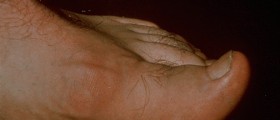

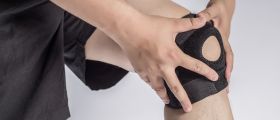
-Symptoms,-Diagnosis,-Treatment_f_280x120.jpg)
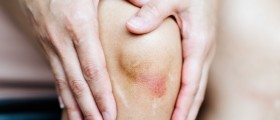

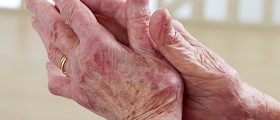



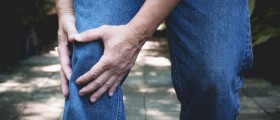



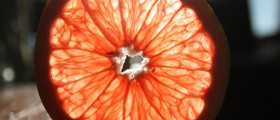
Your thoughts on this
Loading...